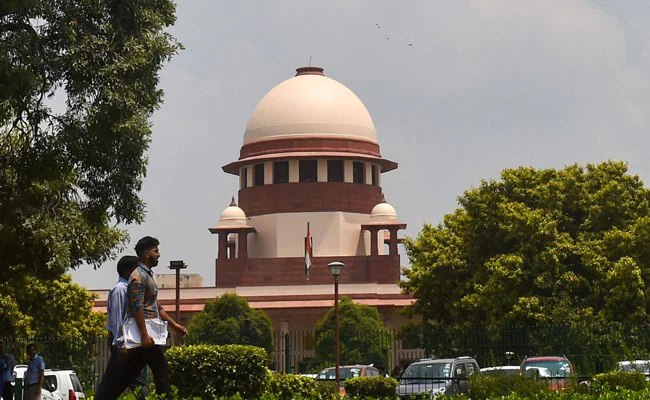After two and a half years, the Supreme Court is going to hear the CAA or New Citizenship Act. About a hundred cases have been filed in the Supreme Court challenging the constitutional validity of the CAA. Two and a half years ago, the bench headed by Chief Justice SA Bobde had indicated that all cases against the CAA could be referred to a constitution bench, i.e., a five-judge bench.
Next Monday, September 12, however, the hearing is going to be held in the bench of Chief Justice Uday Umesh Lalit and Justice S Ravindra Bhatt. The Modi government passed the CAA bill in Parliament only after coming to power for the second time. 83 people have died in violence and clashes across the country centered on opposition to the CAA. In December 2019, Parliament passed the law and issued a notification. But after more than two and a half years have passed, the rules of this law have not been promulgated. As a result, the formulation of CAA has not started.
On the one hand, as the CAA has been opposed, some organizations like the Matuas in West Bengal have raised the demand for the speedy implementation of the CAA. Union Home Minister Amit Shah has argued that implementation of the law cannot be started due to Covid.
CAA provided easy access to Indian citizenship for religious minorities Hindus, Buddhists, Sikhs, Christians, Jains, and Parsis who were persecuted in Pakistan, Bangladesh, and Afghanistan. Muslims were left out. Amit Shah argued that Muslims cannot be oppressed in Muslim-dominated countries like Pakistan, Bangladesh, and Afghanistan. But in this country, it is alleged that discrimination between people based on religion is against the constitution.
Opinions of different organizations

Several jurists like former Supreme Court Justice V Gopal Gowda gave this opinion. Among the litigants against the CAA are political parties like the Indian Union of Muslim League, DMK, and several political, human rights organizations, and social activists who have filed a case against the CAA. The United Nations Human Rights Commissioner has also requested to be ‘court friendly’ in this case.
When the Supreme Court sought the Modi government’s statement, the Union Home Ministry submitted an affidavit stating that the CAA is a harmless law. The law was made to make it easier for people who sought refuge in this country after suffering religious persecution from neighboring countries to get citizenship. But according to the plaintiffs, Home Minister Amit Shah himself had talked about creating a National Register of Citizens (NRC) in the entire country like Assam after the CAA. Then the religious minorities of this country will be identified as suspicious citizens.
A security lapse resulted in a person approaching Shah with a false identity
After Prime Minister Narendra Modi in Punjab, this time in Mumbai, a large-scale lapse in the security of Home Minister Amit Shah has come to the fore. He visited Mumbai for two days last Monday. There, a person reached Shah by showing a fake identity card from the Ministry of Home Affairs.
